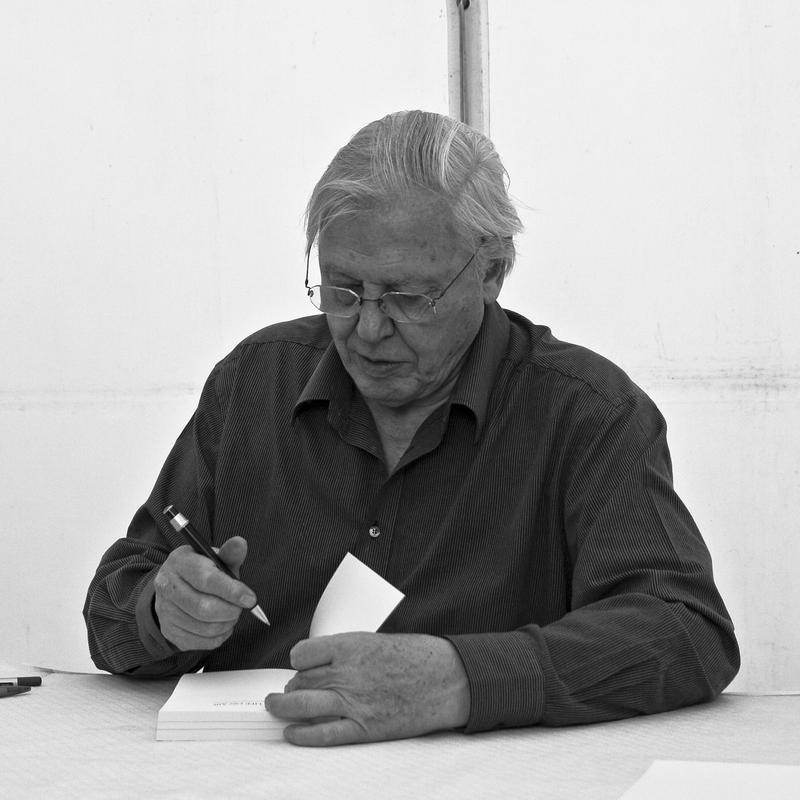 The NYPR Archive Collections
The NYPR Archive Collections
WILLIAM F. BUCKLEY, Jr.; SIR DAVID ATTENBOROUGH; BEN BRADLEE

Part a
Leonard Lopate interviews William F. Buckley about his book entitled, "Brothers No More." Lopate and Buckley discuss the retirement of Buckley's longstanding recurring character Blackford Oakes and his objection to the review written by New York Times reviewer Joe Queenan. Buckley insists his book is neither political nor anti-FDR. He insists the book is the story of someone who yields to temptation. They discuss Buckley's moralizing and his belief that traditional prohibitions like that against adultery are important to societal well-being. They also discuss the inspirational and spontaneous quality of Buckley's writing process and Buckley's admiration for Belgian author Georges Simenon. They also discuss Christianity, the various divides between Christian sects and America's place as both a secular and Christian nation. Buckley discusses his work as an author for the National Review and potential Republican candidates for the 1996 Presidential election.
Lopate next interviews Sir David Attenborough about his documentary series, "The Private Life of Plants." They discuss Attenborough's privileged status and the ability to travel to exotic and normally forbidden locales that it affords him. Attenborough discusses his 1955 trip to British Guiana. They discuss his trip to Sumatra for The Private Life of Plants and the flowering plant the titan arum and numerous other exotic plants.
Part b
Lopate and Attenborough continue their discussion of exotic plants and the difficulties of filming natural phenomenon in real time outdoor settings. Attenborough discuses the difficulty of getting funding for nature shows and his role as a naturalist. They discuss a sequence in The Life of Plants where a unique Magnolia tree is grown from a 2000 year old seed in Japan. Finally they discuss the changing role of the BBC in the media landscape.
Lopate interviews Ben Bradlee about his book, "A Good Life" that chronicles Bradlee's life in journalism. They discuss the evolution of journalism. Bradlee laments the abundance of sensationalist journalism in modern media but praises the higher quality of journalism in papers like The Boston Globe and The Washington Post. They discuss the evolution of the definition of news. They also discuss Watergate, the Iran-Contra scandal as news stories and the publication of The Pentagon Papers. Bradlee ruminates on his good fortune and life as a reporter. He discusses his friendship with the Kennedy's and his book about JFK. He discusses the politics involved with winning the Pulitzer Prize. Finally, they discuss the integration of journalism and the consolidation of news sources under singular corporate umbrellas.
WNYC archives id: 36279